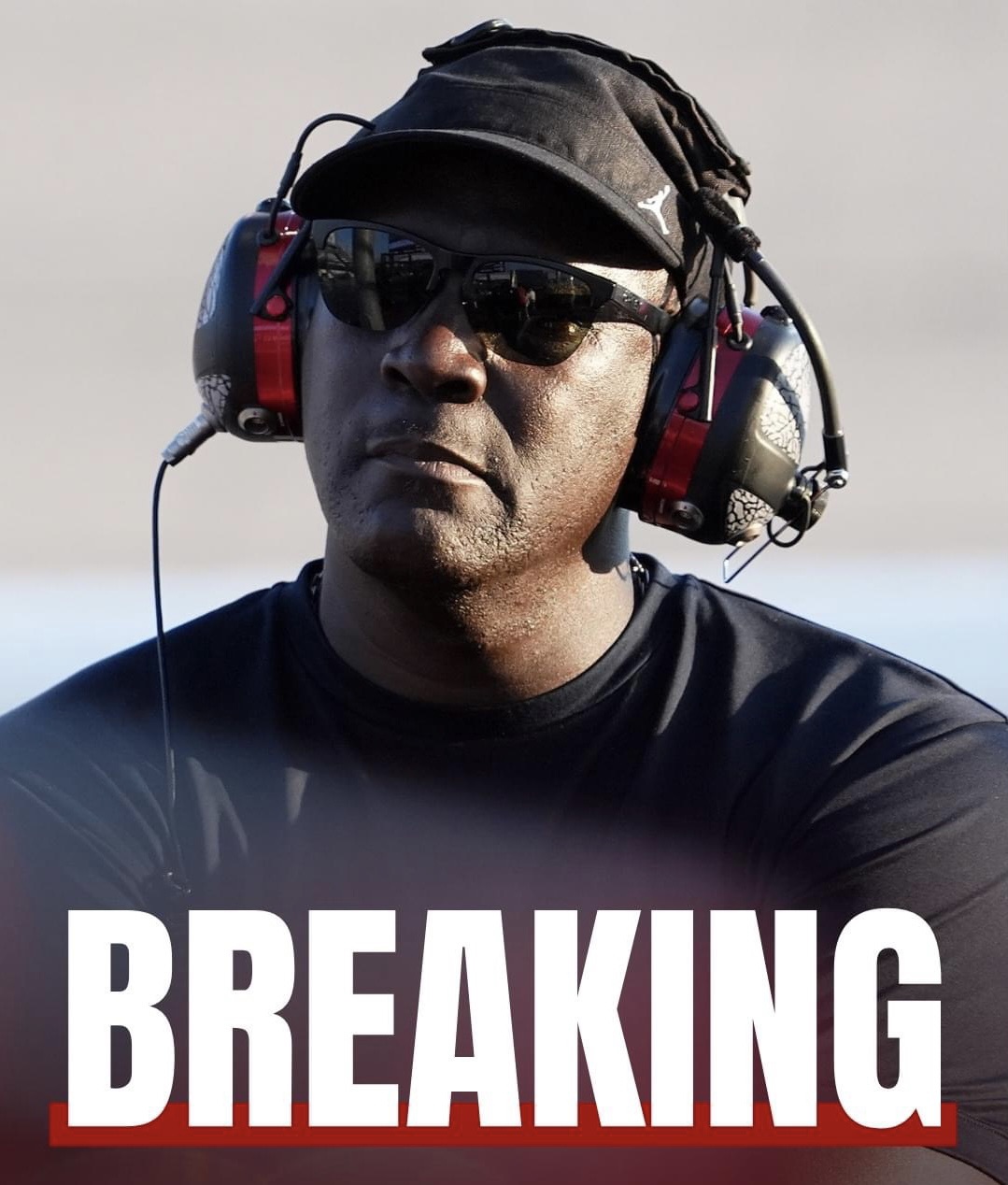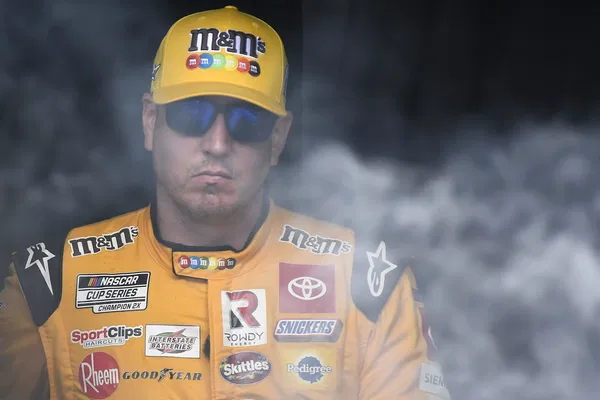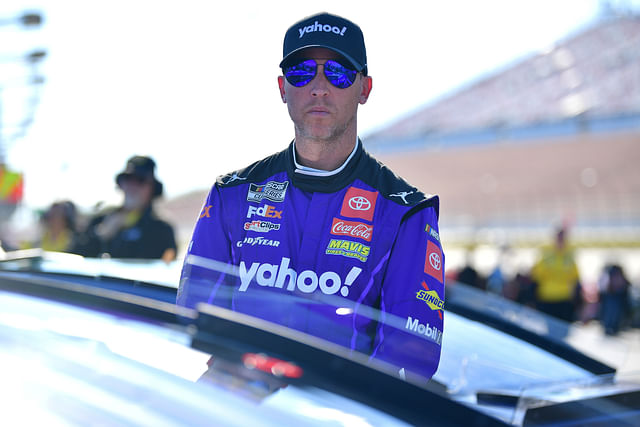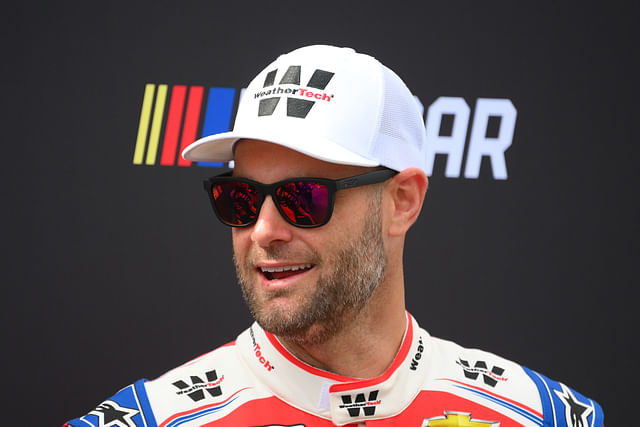In a shocking turn of events, NASCAR finds itself facing a significant legal challenge as 23XI Racing and Front Row Motorsports have filed an antitrust lawsuit against the organization, alleging monopolistic practices. The lawsuit, which has sent ripples throughout the racing community, claims that NASCAR has created an environment that stifles competition and harms independent teams. This legal battle raises questions about the future of the sport and the dynamics between its governing body and the teams it oversees.
The Background of the Lawsuit
The lawsuit comes at a time when the landscape of NASCAR is evolving. With the advent of new teams and a growing fan base, the sport has been under scrutiny regarding how it manages its relationships with team owners. The plaintiffs, 23XI Racing, co-owned by NBA legend Michael Jordan and driver Denny Hamlin, and Front Row Motorsports, have expressed their frustrations regarding NASCAR’s alleged monopolistic behavior.
In the lawsuit, the plaintiffs assert that the France family, who has long been at the helm of NASCAR, has engaged in practices that undermine competition. The lawsuit states, “The France family and NASCAR are monopolistic bullies. And bullies will continue to impose their will to hurt others until their targets stand up and refuse to be victims. That moment has now arrived.” This bold statement encapsulates the frustration felt by some teams that feel marginalized in a system that favors a select few.
Claims of Monopolistic Behavior
At the core of the lawsuit are allegations that NASCAR has used its power to create barriers for independent teams. The plaintiffs claim that NASCAR has engaged in practices that effectively shut out smaller teams from competing on a level playing field. This includes limitations on sponsorship opportunities, access to resources, and even favoritism in rule enforcement.
One of the key points raised in the lawsuit is the perceived lack of transparency in NASCAR’s operations. The plaintiffs argue that the organization has consistently favored established teams while neglecting the needs of newcomers. This has created a chasm that many believe is widening, making it increasingly difficult for independent teams to survive, let alone thrive.
The Reaction from the NASCAR Community
The reaction within the NASCAR community has been swift and varied. Many fans and industry insiders have expressed support for the lawsuit, seeing it as a necessary step to address longstanding issues within the sport. Some team owners have voiced their frustrations about how NASCAR operates, emphasizing the need for reform to ensure a more equitable environment for all teams.
On the other hand, NASCAR has remained relatively quiet in response to the lawsuit. The organization has yet to release an official statement regarding the claims made by 23XI Racing and Front Row Motorsports. This silence has led to speculation about how NASCAR plans to address these allegations and whether they will seek to settle the lawsuit or contest it in court.
Implications for the Future of NASCAR
The implications of this lawsuit could be profound for NASCAR and its teams. If the court rules in favor of 23XI Racing and Front Row Motorsports, it could lead to significant changes in how NASCAR operates. This may include more transparency in decision-making, a re-evaluation of how resources are distributed among teams, and potentially new regulations to foster competition.
Moreover, the lawsuit could inspire other teams to take a stand against NASCAR’s practices. If successful, it may embolden independent teams to band together and push for reforms, challenging the status quo that many feel has been in place for too long. This could usher in a new era of competition within the sport, potentially reshaping the dynamics of team ownership and operations in NASCAR.
The Broader Context of Antitrust Lawsuits in Sports
This lawsuit is not isolated within the realm of NASCAR; it reflects a broader trend in sports where teams and organizations are increasingly challenging governing bodies. Antitrust lawsuits have become more common as teams seek to address perceived inequalities and unfair practices within their leagues. The outcome of this case could set a precedent not only for NASCAR but for other sports organizations facing similar criticisms.
Conclusion: A Turning Point for NASCAR
As the legal battle unfolds, the spotlight is firmly on NASCAR and its governing practices. The allegations put forth by 23XI Racing and Front Row Motorsports highlight significant concerns regarding the future of competition in the sport. Whether this lawsuit leads to tangible changes remains to be seen, but one thing is clear: the landscape of NASCAR is at a critical juncture.
For fans and teams alike, this lawsuit represents a pivotal moment in NASCAR’s history. The potential for reform could revitalize the sport and create a more competitive environment for all teams, ensuring that the essence of racing—competition—is upheld. As the case develops, the racing community watches closely, eager to see if this legal challenge will bring about the changes needed to level the playing field in NASCAR. The outcome could reshape the sport for years to come, making it a defining moment in NASCAR’s ongoing evolution.




